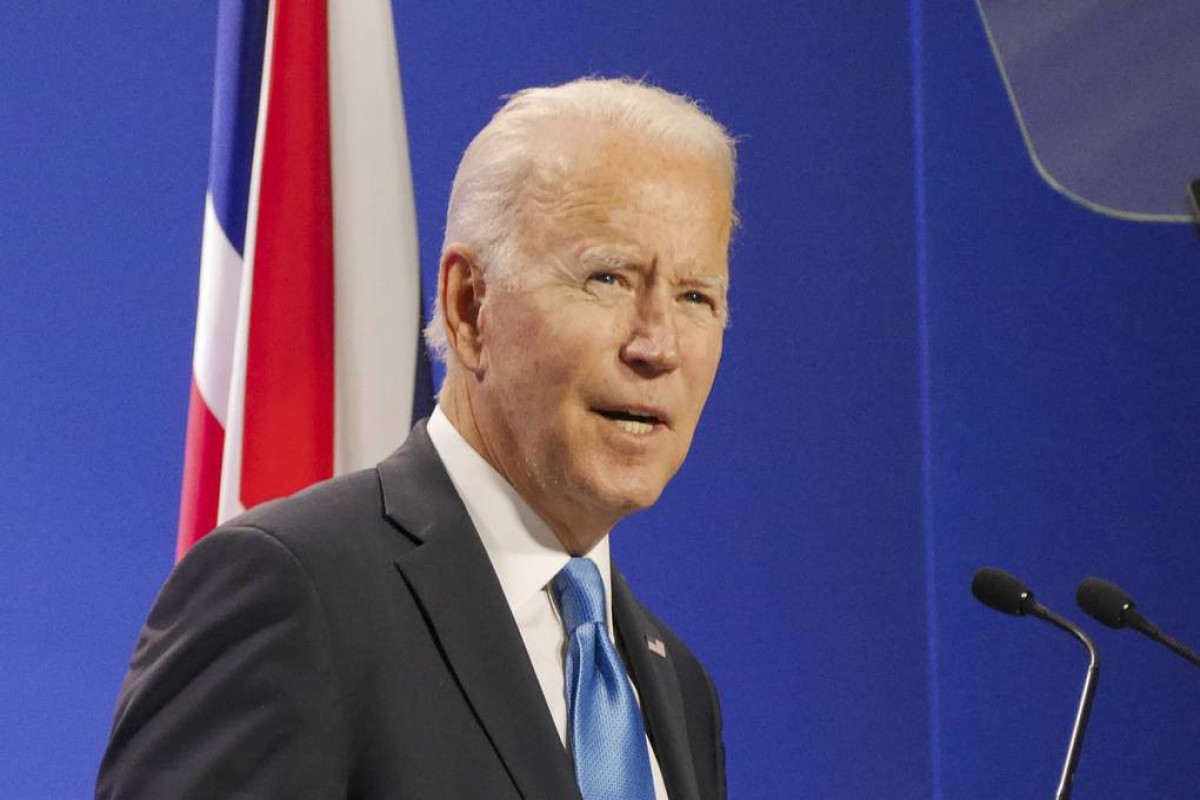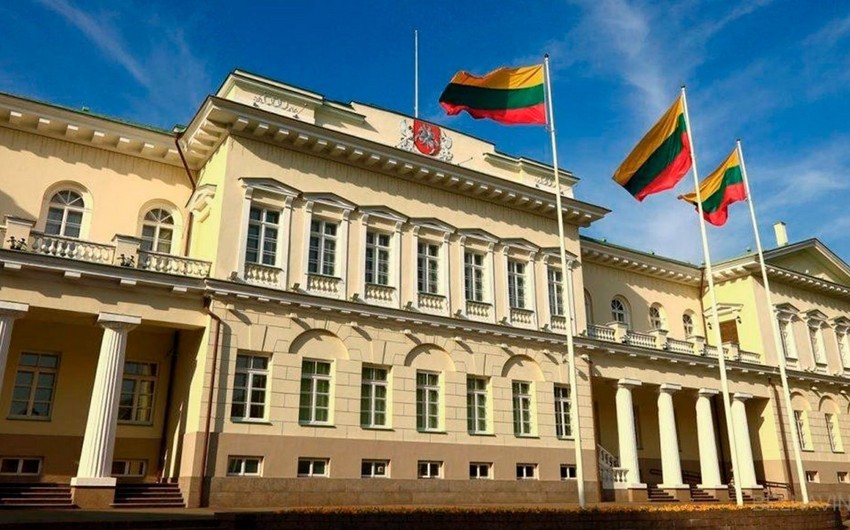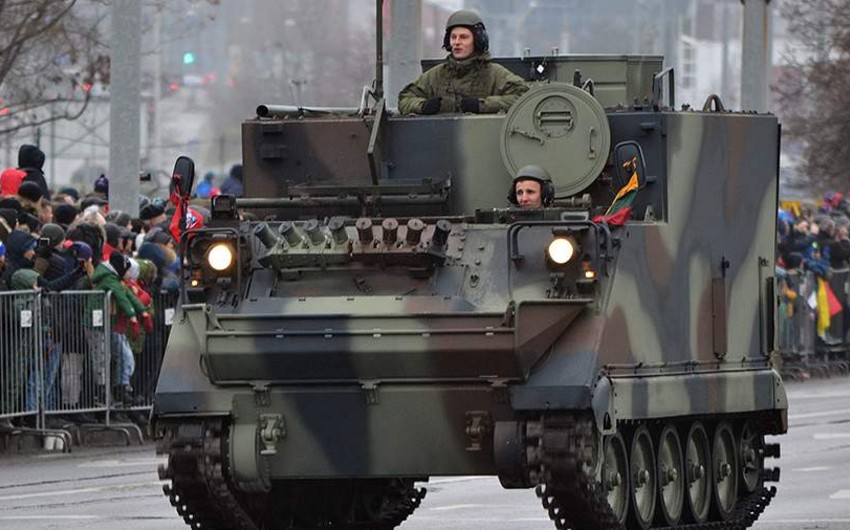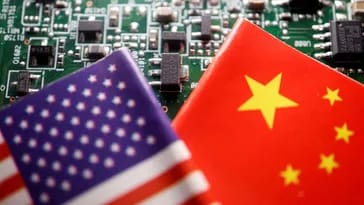Last Tuesday, the United Kingdom rolled out its long-anticipated National Security Integrated Review. The section regarding the enhancement of the U.K.'s nuclear forces is refreshingly straightforward and contains much of the same logic that should underpin forthcoming U.S. decisions on the modernization of our own strategic deterrent. The U.K. declares that “A minimum, credible, independent nuclear deterrent, assigned to the defence of NATO, remains essential in order to guarantee our security and that of our allies.” The U.K. also explicitly and wisely rejects the concept of a "no-first-use" policy and succinctly outlines why. Taken together, this has been the U.K. policy for decades, and it is good to see that the Prime Minister and Her Majesty's government see no reason to change the policy.
But the U.K. clearly recognizes that something has changed: the environment and nature of the threats facing our NATO ally and ourselves. Currently, Moscow has an arsenal of 68 nuclear-tipped missile defense interceptors designed to ensure the Putin regime's survival in the event of conflict. This system, decades-old, is designed to intercept ballistic missiles launched from either land or sea. The Russians are upgrading the system under project A-235 Nudol, which will reportedly employ a new, conventional version of the missile with a longer range and even higher accuracy.
Nor are Russian missile defense upgrades confined only to the Moscow region. The introduction of the S-500 is intended to provide Moscow with additional capability (beyond that of the S-300 and S-400 systems Russia already has) to engage intermediate and shorter-range threats with ballistic, cruise, or hypersonic trajectories. Estimated to come online in 2025, the S-500 can reportedly engage multiple targets simultaneously, at altitudes of up to 25 miles into the stratosphere. The proliferation of adversary missile defense systems isn't just limited to the Russian Federation, however. When it comes to military modernization, the Dragon tends to copy the Bear. The Chinese are purchasing Russian S-300, and S-400 systems and likely will seek to buy the S-500 as well while investing billions of dollars of their own into missile defense programs.
Worrisomely, it is not the defensive environment alone that has changed. Both Russia and China are greatly expanding their nuclear warhead stockpiles and fielding ever-greater numbers of delivery systems capable of striking the U.K. and its NATO allies. China has clearly abandoned its minimal deterrent and has begun a secretive crash military build-up that -- as our Strategic Commander Admiral Charles Richard recently warned -- could quadruple the number of warheads in their deployed arsenal, bringing them to over 1,000. Additionally, China’s No First Use policy is so riddled with holes, it is meaningless, if not deceptive. With massive ongoing investments in its nuclear weapons infrastructure, missile production facilities, and year-round activities at its nuclear test site, China has clearly decided to reach qualitative nuclear parity with the United States (and Russia), deploying warheads across a brand new “triad” of sea- and land-based missiles and a new long-range heavy bomber. Nor should we forget the 1,200 nuclear-capable medium-range missiles China has fielded across its eastern seaboard, aimed at both U.S. and U.K. naval forces that protect freedom of navigation on the high seas.
Russia is also arms racing and has a destabilizing nuclear doctrine. According to then-Director of the Defense Intelligence Agency, General Ashley, “Russia’s stockpile of non-strategic nuclear weapons—already large and diverse and is being modernized with an eye towards greater accuracy, longer ranges, and lower yields to suit their potential warfighting role.” In this new post-Intermediate Range Nuclear Forces (INF) Treaty world, this includes up to 2,000 so-called “non-strategic” nuclear warheads intended to threaten London and NATO capitals across Europe.
Suppose one looks at the hyperbolic reactions to the U.K.'s Integrated Review, especially from those who advocate "Global Zero" disarmament. In that case, one might think that the U.K. has embarked on the most expansive nuclear modernization in the program's history. Yet in the face of Russia and China manufacturing and fielding thousands more nuclear weapons and hundreds of interceptors designed to shoot down Trident missiles, what has been the U.K. response? Highly restrained. Number 10 plans to bring its undersea nuclear deterrent from just under 200 warheads to a cap of no more than 260. The U.K. will increase by up to a whopping 80 warheads over the next decade, a number that will still make it the smallest arsenal of any NPT Weapon State. Given that the threat environment is deteriorating, driven mostly due to Russian and Chinese activities, the steps proposed under the Integrated Review are both modest and prudent.
Predictably, the chorus deriding the U.K.’s modernization plan is now accusing the U.K. of violating Article VI of the Non-proliferation Treaty (NPT), which relates to “good faith” negotiations on arms reductions. There is zero evidence that our U.K. allies are hesitant to negotiate in good faith. In fact, quite the opposite. Over the past year, on multiple occasions and in various settings, we sat across the table from our U.K. counterparts. At every turn, they looked for ways to aid our goal of creating a new arms control regime that would cover all nuclear weapons and arrest both the Russian and Chinese build-ups. In contrast, China consistently refused to negotiate in good faith. Indeed, China refused to negotiate at all. If there is a violation of the NPT occurring, it is not by the U.K., it is by China.

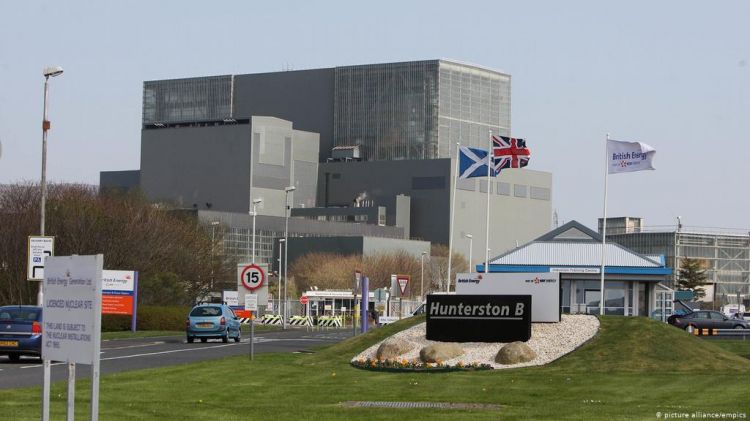
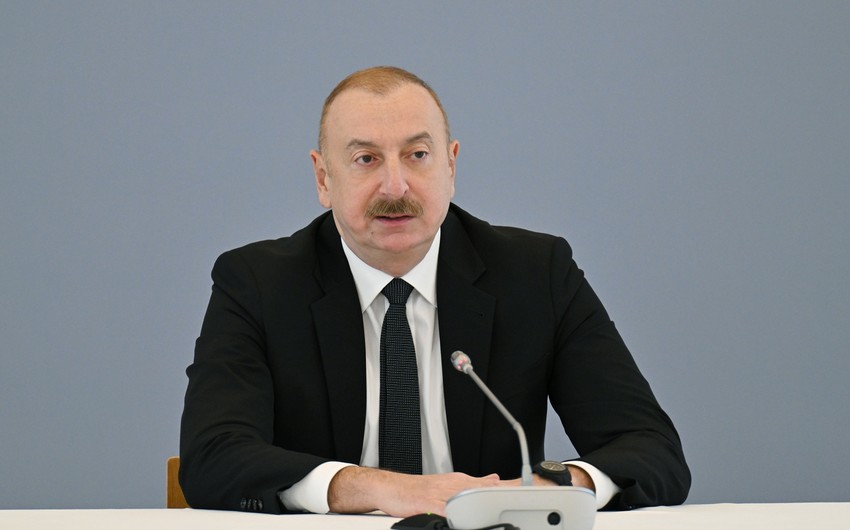
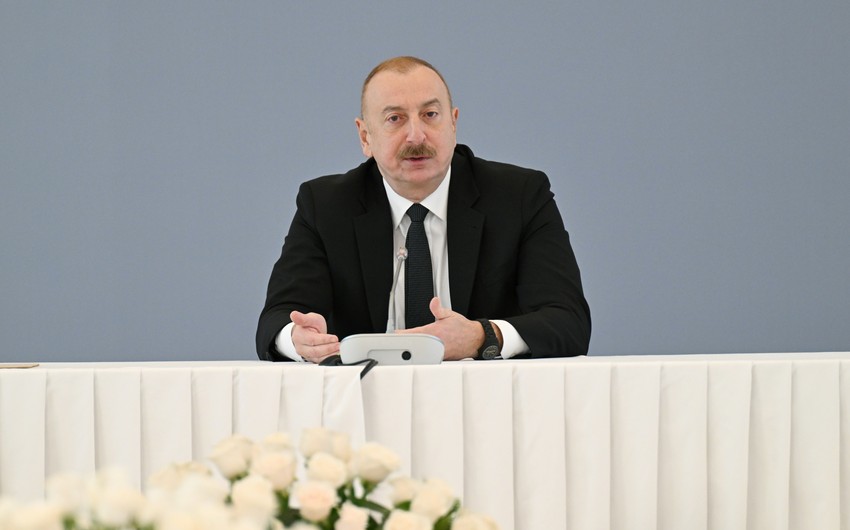
.jpg)
